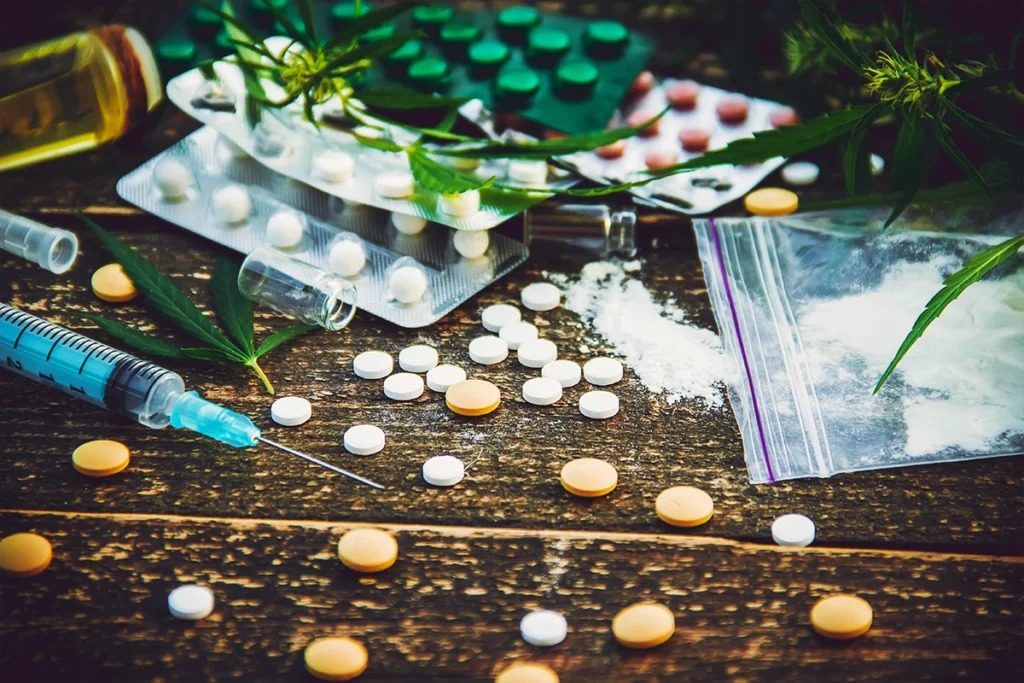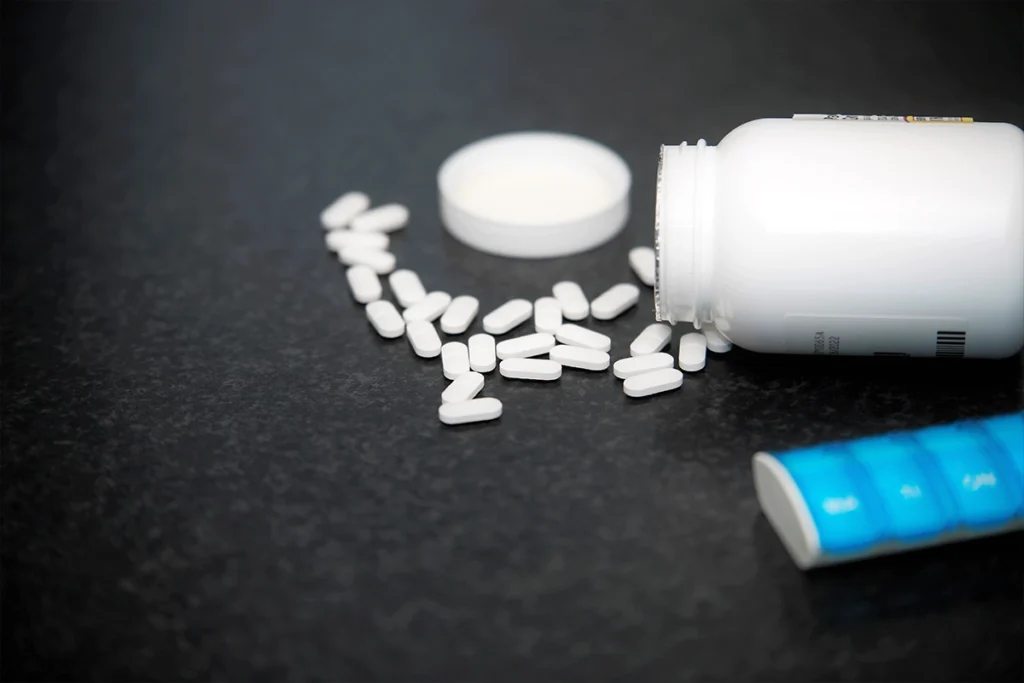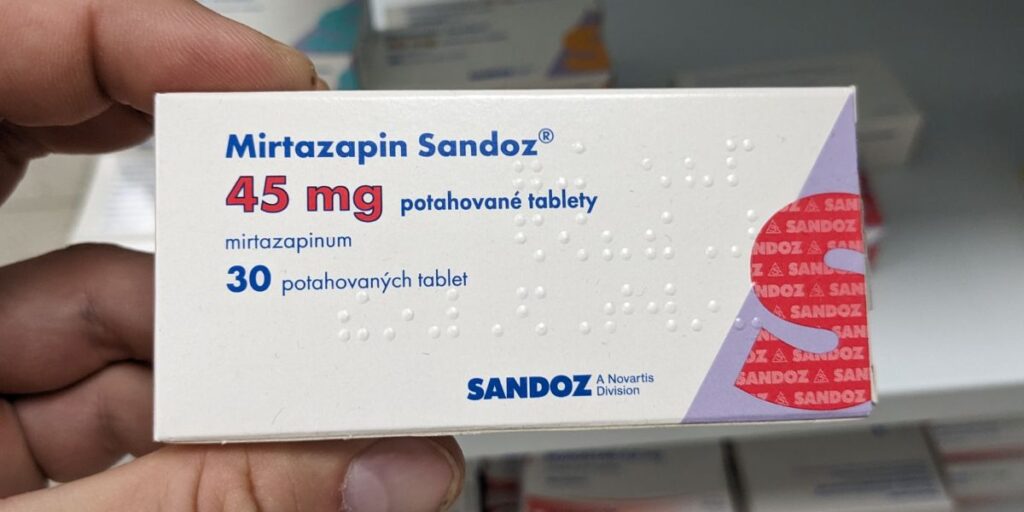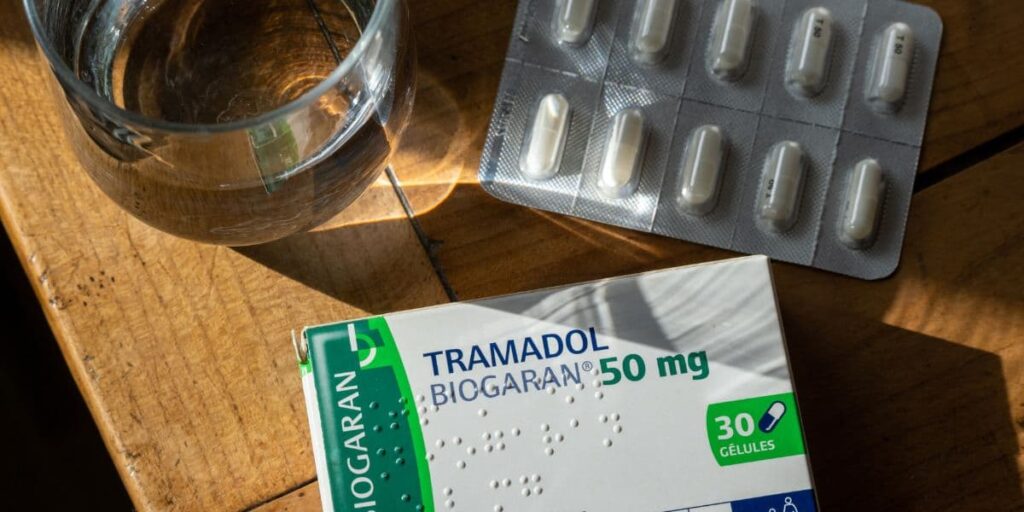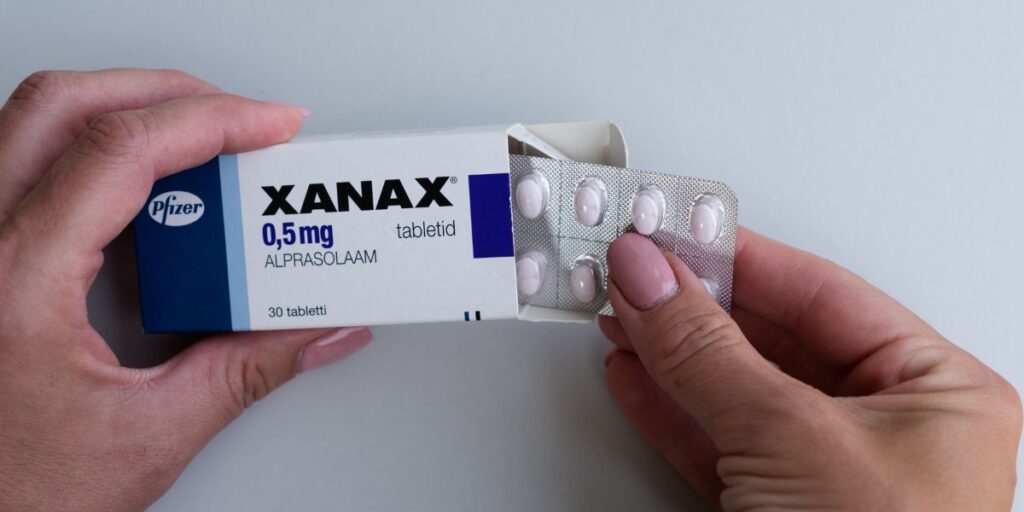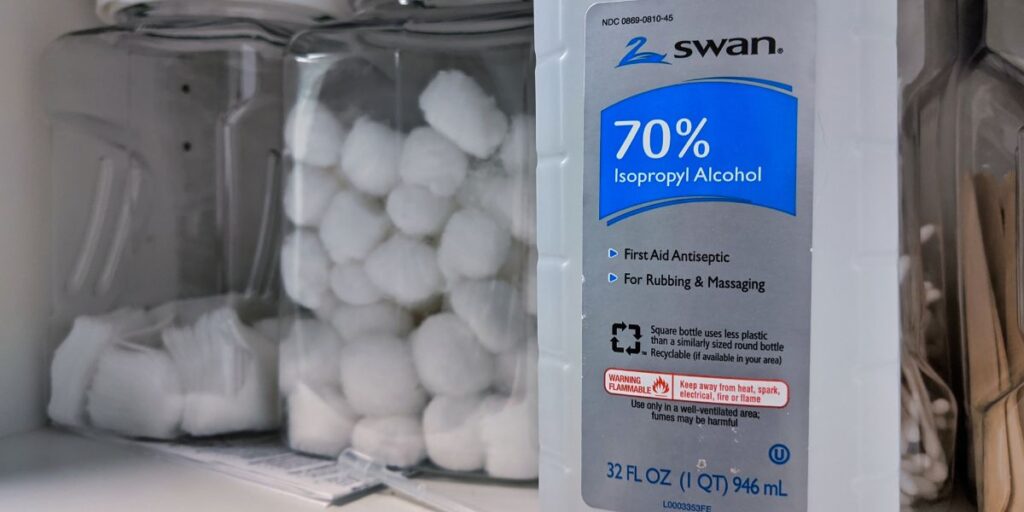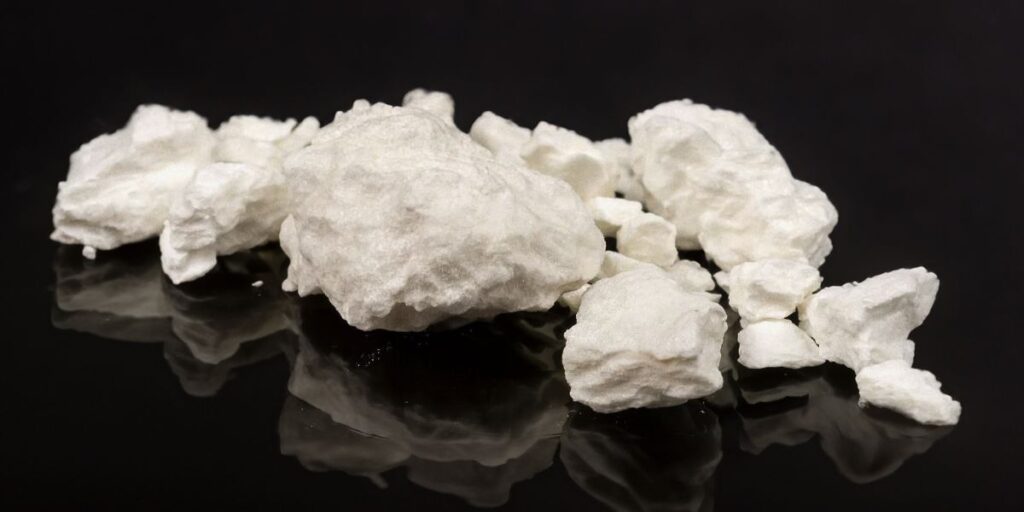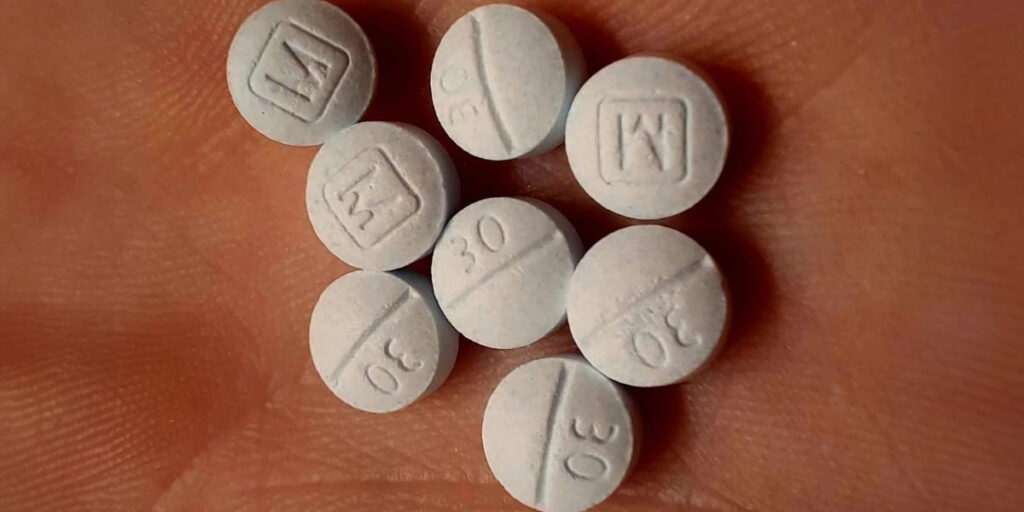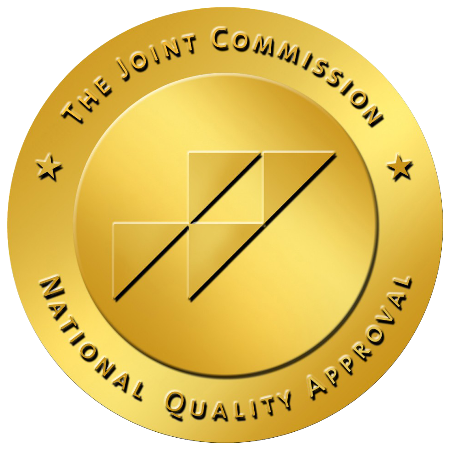Many people are shocked to learn that alcohol is a depressant, especially in the United States, where drinking is considered a social affair, with many becoming dependent on alcohol to help them celebrate special occasions and enjoy themselves.
While a small amount of alcohol can cause excitement and stimulation, ultimately, alcohol affects the brain’s functioning in a depressive way. The short-term and long-term effects of alcohol consumption and resulting depressive effects can have lasting consequences, including an increased risk of developing an alcohol use disorder, worsening mental health, and physical ailments.
Is Alcohol a Depressant?
Alcohol is a depressant. In this context, depressant refers to the biological and chemical effects of alcohol; it does not mean that alcohol will make you sad or depressed, though it can undoubtedly trigger those feelings.
The central nervous system (CNS) refers to the entire brain, spinal cord, and the processes and impulses they control. Alcohol is a central nervous system depressant.
Many people mistakenly believe alcohol is a stimulant since it can have stimulant-like effects after the first drink. That effect comes from the initial rush when the brain releases dopamine in response to the initial amounts of alcohol entering the system, causing increased heart rate and energy.
Some people mistake their initial reaction to alcohol for a stimulant effect because it makes them feel relaxed and more outgoing. However, as your blood alcohol content (BAC) increases, the sedative effects of alcohol, like slurring and drowsiness, become more apparent as dopamine production decreases.
Why Is Alcohol a Depressant?
Alcohol is a depressant because of the specific receptors in the brain it binds to and the chemical reactions it causes, slowing down signals between the CNS and the body.
Gamma-aminobutyric acid (GABA) is a neurotransmitter that regulates messages throughout the CNS and keeps the body and brain functioning and balanced. GABA is most closely associated with relaxing effects and regulating signals and functions related to anxiety and fear, like breathing and heart rate. Alcohol slows GABA activity, which increases sedation, sometimes to the point of life-threatening effects.
As previously mentioned, a small amount of alcohol can trigger a dopamine release; dopamine is the chemical associated with happiness and feelings of reward, which briefly feels like a stimulant effect until the sedative effects of alcohol overpower it, causing drunkenness.
Alcohol’s depressant effects are more dangerous when combined with other substances, especially other central nervous system depressants. Common depressants include benzodiazepines, opioids, and certain cough and cold medications.
Conversely, taking stimulants with alcohol, like mixing Adderall and alcohol, can mask the depressive effects of alcohol and lead to a person drinking much more than their body can tolerate, resulting in alcohol poisoning.
In either situation, some people are unaware of the potentially dangerous interactions. Others mix substances intentionally to experience heightened effects, known as polysubstance abuse. Both cases can quickly become hazardous, causing short-term and long-term effects.
How Do Depressants Affect Your Mind?
Depressants will affect everyone’s mind differently. The relationship between depressants like alcohol and mental health is complicated and nuanced, and researchers are constantly making more discoveries. Brain chemistry is only one factor in how people will respond to stimulants; outside factors like environmental influence, lifestyle, mental illness, and underlying emotions regarding using substances all play a role. Combining depressants with medication that alters or regulates brain chemistry will also profoundly affect how depressants affect a person’s mind; the most common example is combining alcohol and antidepressants.
In small doses, depressants can make people feel relaxed and even give a rush of euphoria. Some people who take depressants immediately react negatively and experience depression and a sense of dread or sadness. In large amounts or with regular exposure over time, depressants can physically alter the brain, causing changes in mental health, memory problems, and cognitive decline.
For people with anxiety and panic disorders, whose GABA transmitters are overactive, depressants can make them feel good, calm, and in control. For various reasons, some people experience the depressant effects of alcohol less than their peers, leading them to drink faster or more significant amounts of alcohol to attain the same level of intoxication, also known as binge drinking.
While binge drinking differs from alcoholism, it’s a form of substance abuse that has a higher risk of developing an alcohol use disorder, a disease that affects the mind and body.
Additionally, alcohol reduces inhibitions and impairs judgment, leading people to make impulsive and sometimes dangerous decisions they regret that impact their mental well-being.

Short-Term Effects of Alcohol Use
For people who can drink alcohol responsibly and in moderation, the short-term effects of alcohol use are pleasurable and mild, though not insignificant. Unfortunately, many people struggle with substance abuse and controlling their alcohol consumption; obviously, they will experience more intense and severe side effects.
In most places in the United States, a .08% blood alcohol concentration (BAC) is legally considered intoxicated. However, according to the National Institute of Health (NIH), a BAC of .02% can impede memory, coordination, and judgment. The short-term or acute side effects of alcohol wear off as the body eliminates the alcohol.
Short-term effects of alcohol use include:
- Relaxation
- Lightheadedness
- Dizziness
- Moodswings
- Aggression
- Delayed reaction time
- Increased heart rate
- Increased blood pressure
- Increased body temperature
- Loss of coordination
- Drowsiness
- Nausea
- Vomiting
- Memory loss
- Headache
- Dehydration
- Unconsciousness
Short-term effects of alcohol can still be fatal. For people who binge drink, drink excessively, or mix alcohol and drugs, the risk of extreme side effects is high. Binge drinkers often reach life-threatening BAC levels before they feel the effects of alcohol. For anyone consuming alcohol, but especially binge drinkers, a person’s BAC can continue to rise even after they have lost consciousness, so dangerous changes in breathing or heart rate go unnoticed by others, leading to choking on vomit, coma, or death.
Long-Term Effects of Alcohol Use
The long-term effects of alcohol use can be far-reaching, including lifelong physical and mental health conditions that require ongoing maintenance and care. The severity of long-term effects will vary for each person based on their genetic makeup, length and severity of substance abuse, and any co-occurring disorders.
Long-term effects of alcohol use include:
- High blood pressure
- Digestion issues
- Ulcers
- Weightloss
- Malnutrition
- Liver damage
- Cirrhosis, a disease that causes jaundice, severe bloating, and liver failure
- Sexual dysfunction
- Kidney damage
- Heart damage
- Depression
- Anxiety
- Weakened immune system
- Increased risk of cancer
- Increased risk of stroke
- High risk of heart attack
- Alcohol withdrawal syndrome
- Cognitive decline
- Dementia
Quitting alcohol can be dangerous, but it is always safer than continuing to drink. The safest way to get through alcohol withdrawal is by entering a treatment program that provides medical detox followed by treatment to address all aspects of addiction to alcohol.
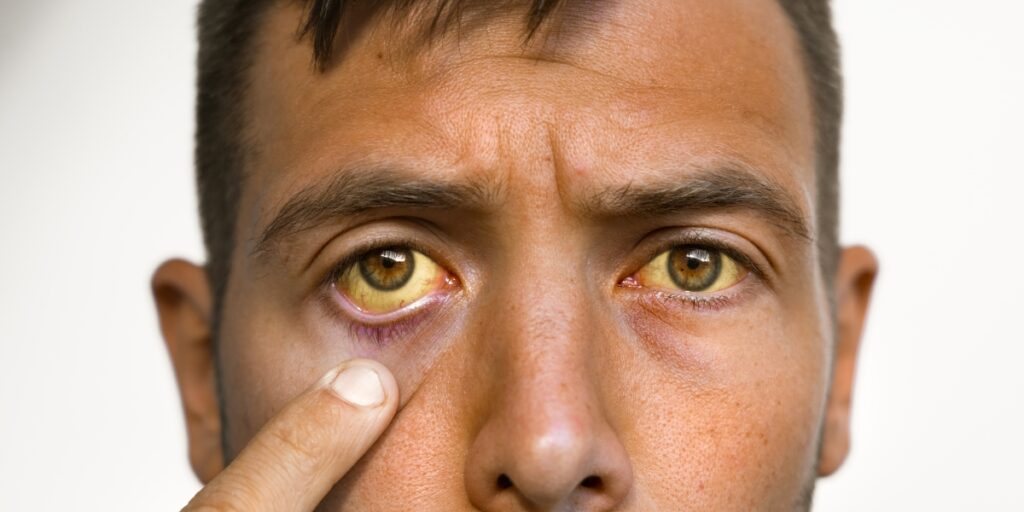
Alcohol Use Disorder Treatment in Northridge, California
If you or a loved one is struggling with alcohol use disorder, frequent alcohol abuse, or heavy drinking, you don’t have to face it alone.
At Northridge Addiction Treatment Center, we specialize in treating alcohol use disorder and helping heal the damage from alcohol abuse while teaching our residents coping skills and healthy ways to live a fulfilling life free from substance abuse.
Our onsite medical detox ensures your safety during the most agonizing part of choosing to recover— withdrawal. We ensure to surround you with support in a healing and nurturing environment in the care of our compassionate medical professionals.
A bright and hopeful path to recovery is waiting for you. Reclaim your life today. Our caring treatment specialists are eager to help you and answer any questions. Reach out now.


